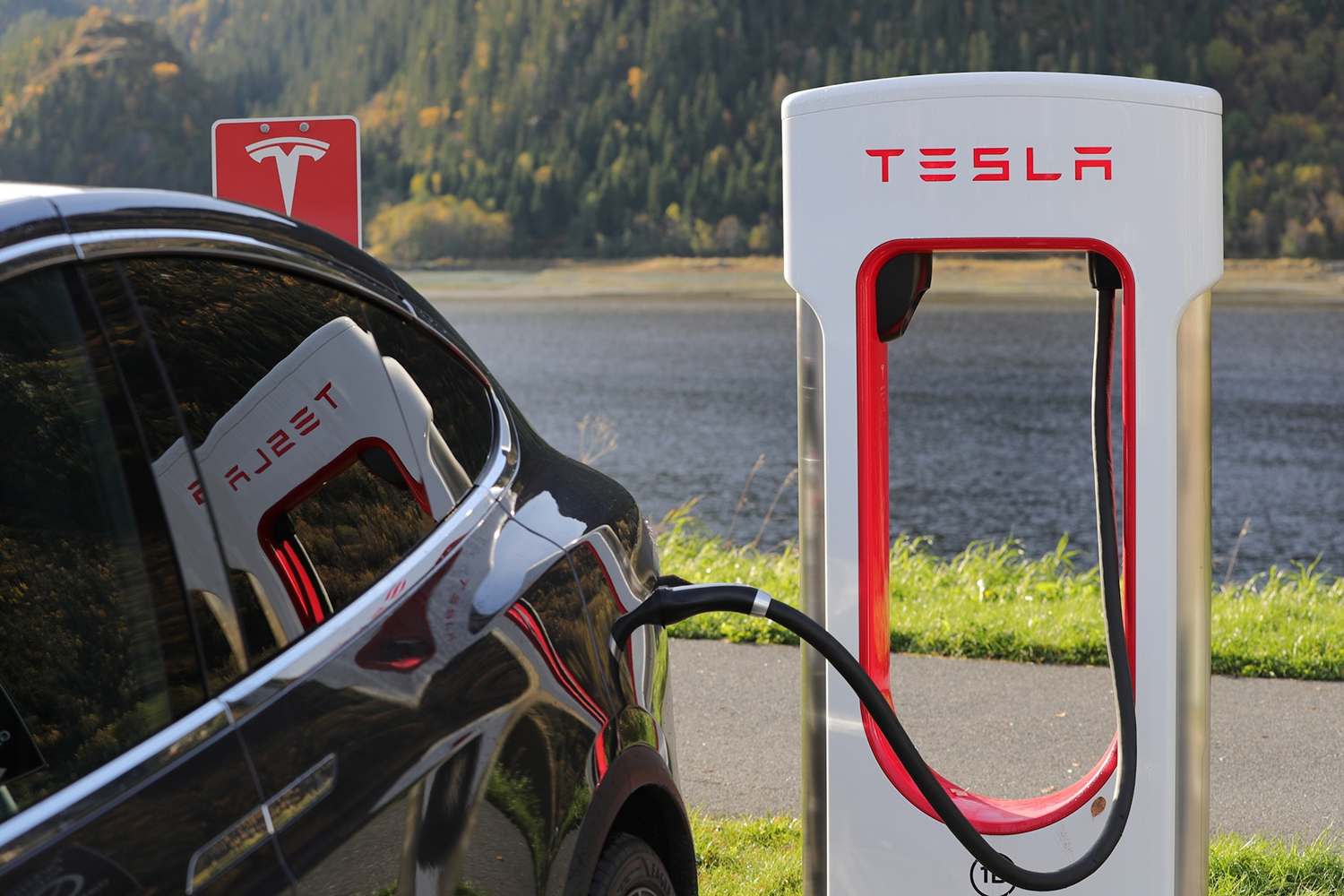The Responsible Investor
Inflation Reduction Act and the Tax Incentives for Consumers

The Biden administration recently passed one of its more significant pieces of legislation—the Inflation Reduction Act of 2022. However, many debate whether a bill that includes almost $500 billion in new spending will do much for inflation in the short term. Proponents of the bill claim that the increased taxes derived from corporations and IRS enforcement will reduce the budget deficit.
The purpose of this post is not to get into a political discussion about whether this new bill will reduce inflation and the budget deficit. There are plenty of articles written about that already. Instead, we will take a closer look at the $386 billion earmarked for energy and climate and how individual taxpayers could take advantage of some of the new tax incentives.[1]
Energy Efficient Home Improvement Credit
The Energy Efficient Home Improvement Credit is similar to the old Nonbusiness Energy Property Credit that expired in 2021. Starting in 2023, homeowners can receive a tax credit of 30% for energy-efficient home improvements.[2] Eligible improvements include energy-efficient doors and windows, air conditioners, circulating fans, and more.[3] The lifetime limit for this tax credit increased from $500 to $1,200, meaning taxpayers can get more bang for their buck.
Residential Clean Energy Credit
The Residential Clean Energy Credit isn’t new either—restructured from the Residential Energy Efficient Property Credit. The old tax credit was 26% of the cost of installing clean energy systems in homes, such as solar, wind, geothermal, biomass or fuel cell power.[4] The old tax credit was also set to decrease to 23% in 2023 and to be eliminated by 2024. The new bill increases the tax credit to 30% through 2032, then will fall to 26% before being eliminated by 2035.
High-efficiency Electric Home Rebates
Middle to low-income families will be able to take advantage of the new High Efficiency Electric Home Rebates program as part of the Inflation Reduction Act. If a family earns less than 150% of the median income in their area, they can receive rebates when purchasing energy-efficient electric appliances.[5] The program is available through 9/30/2031, and families can receive no more than $14,000 in total rebates.
Electric Vehicle Tax Credits
Tax credits for purchasing electric vehicles (EVs) are not new. However, the Inflation Reduction Act increased the $7,500 tax credit for ten years.[6] The actual credit that consumers will receive is based on where the specific vehicle was sourced and assembled. For instance, to get the full tax credit, the car must be assembled in North America. In 2023, further restrictions on where the battery components can be manufactured will also be applied. [7]
Purchases of used EVs have a lower tax credit (the lesser of $4,000 or 30% of vehicle price).[8] Beginning in 2024, consumers can apply the tax credit to the cost of the vehicle, thereby lowering the purchase price. These credits will have income limits as well. A single filer with modified adjusted gross income above $150,000 and a married couple with income above $300,000 would be ineligible for this credit.
As with any new legislation, it may take a while before the details are fully ironed out. If you are looking to take advantage of any of these new tax incentives, it would be advisable to work with a qualified CPA to ensure that you are receiving the maximum tax benefit possible.
References
1. Committee for a Responsible Federal Budget. (September 7, 2022). What's in the inflation reduction act? https://www.crfb.org/blogs/whats-inflation-reduction-act
2. Mengle, R. (September 2022). Save more on green home improvements under the inflation reduction act. Kiplinger. https://www.kiplinger.com/taxes/605069/inflation-reduction-act-tax-credits-energy-efficient-home-improvements
3. Ibid.
4. Ibid.
5. Ibid.
6. Taylor, K.R. (September 14, 2022). EV tax credits are changing: what's ahead. Kiplinger. https://www.kiplinger.com/taxes/605081/ev-tax-credit-inflation-reduction-act-2022-changes
7. Rezvani, A. (Augsut 22, 2022). You can get a $7,500 tax credit to buy an electric car, but it's really complicated. NPR. https://www.npr.org/2022/08/22/1118052620/tax-credit-electric-cars-vehicles-tesla-gm-inflation-reduction-act-climate
8. Taylor, K.R. (September 14, 2022). EV tax credits are changing: what's ahead. Kiplinger. https://www.kiplinger.com/taxes/605081/ev-tax-credit-inflation-reduction-act-2022-changes

Learn more about Derek Van Calligan
Hello! I’m Derek, a wealth advisor and director of investment research at Allodium Investment Consultants, located in Minneapolis, MN. I am passionate about helping individuals and families build holistic financial plans to help them reach their goals. When I’m not helping our clients make investment decisions, I enjoy spending time in the mountains in Colorado—skiing, fishing and hunting with my wife, Kelly, and my dog, Hank. I am also an active church member and volunteer at Big Brothers Big Sisters and Junior Achievement.
The information provided is for educational purposes only and is not intended to be, and should not be construed as, investment, legal or tax advice. Allodium makes no warranties with regard to the information or results obtained by its use and disclaim any liability arising out of your use of or reliance on the information. It should not be construed as an offer, solicitation or recommendation to make an investment. The information is subject to change and, although based upon information that Allodium considers reliable, is not guaranteed as to accuracy or completeness. Past performance is not a guarantee or a predictor of future results of either the indices or any particular investment.